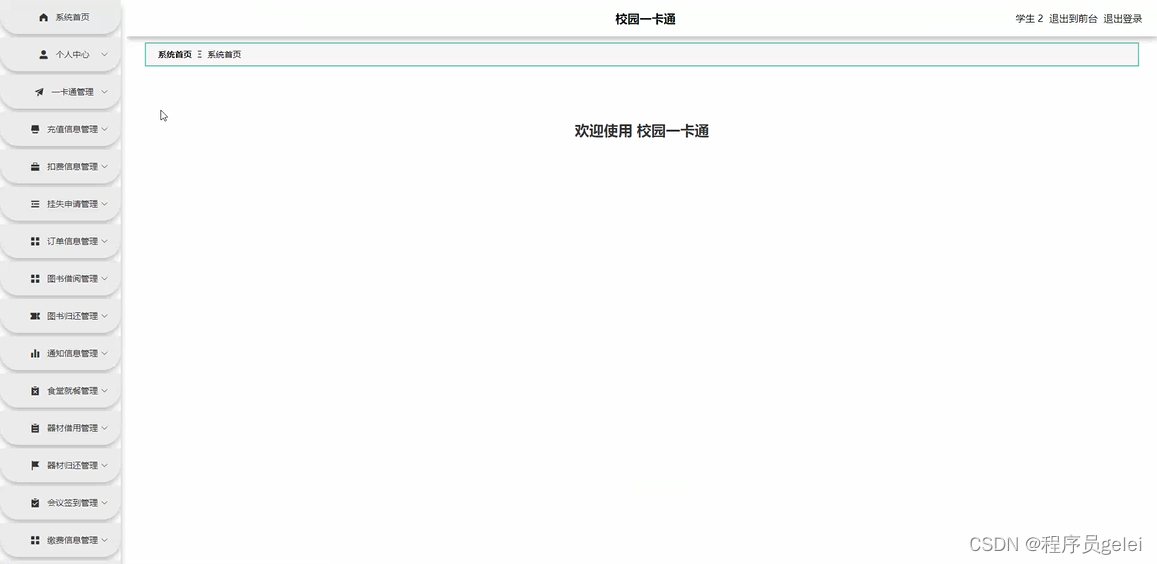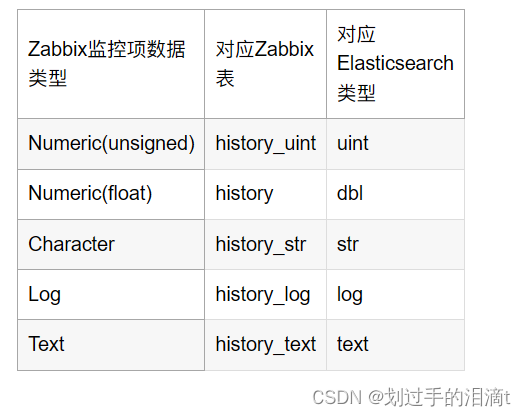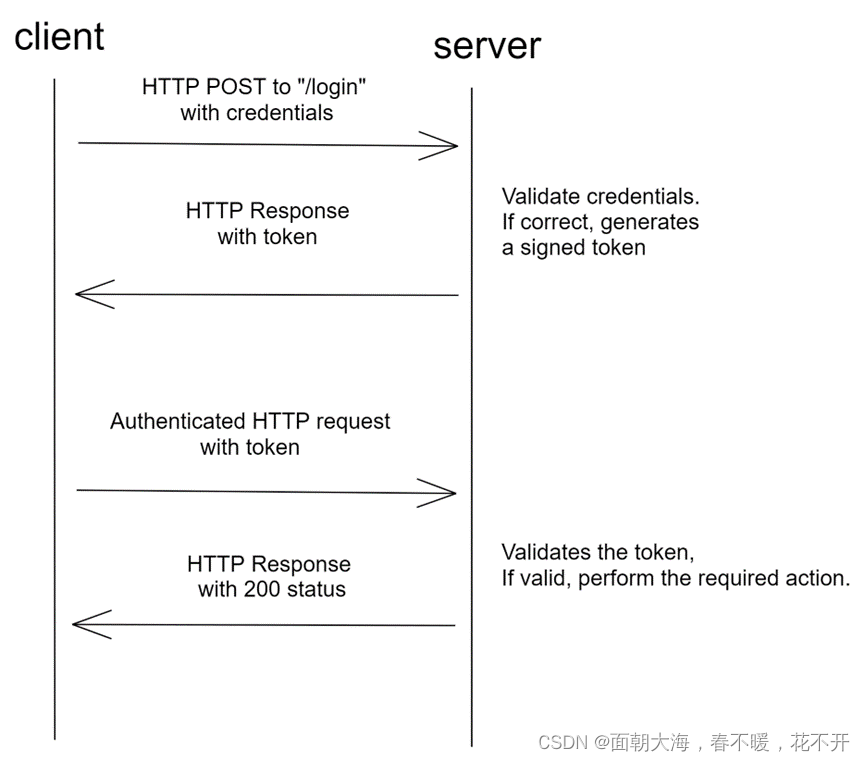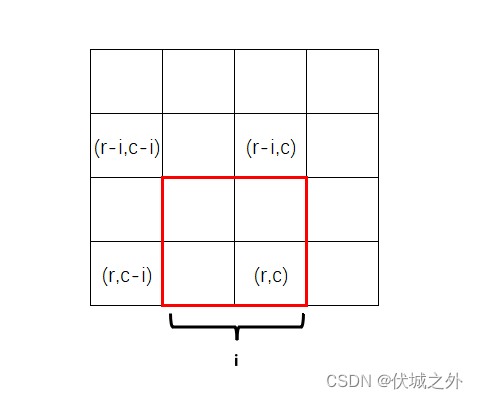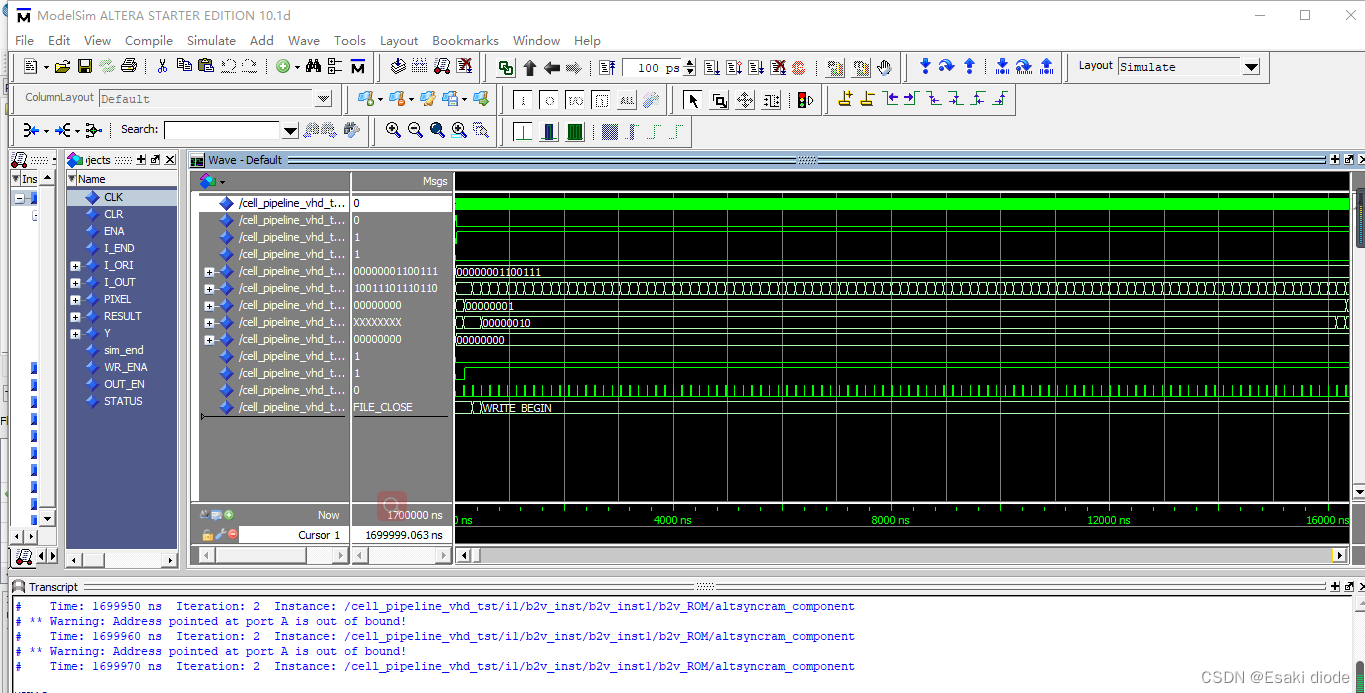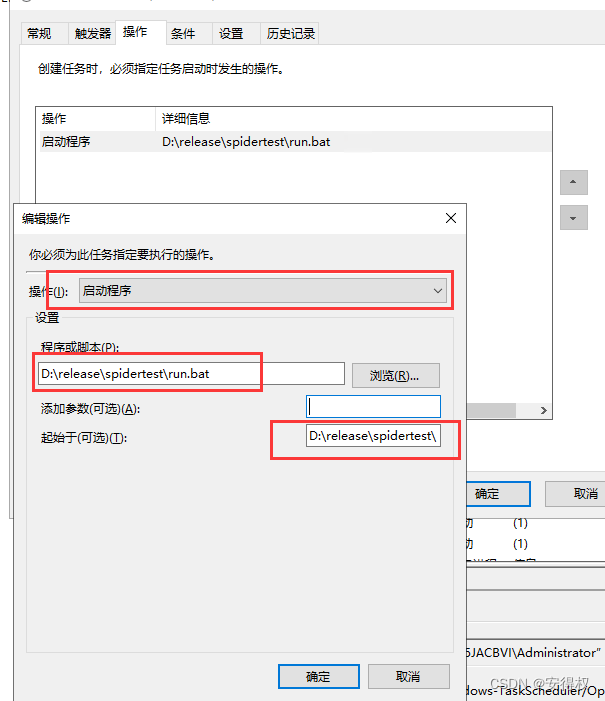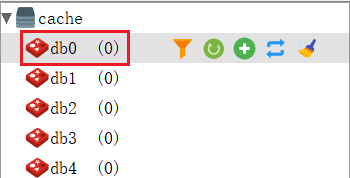1、容器适配器
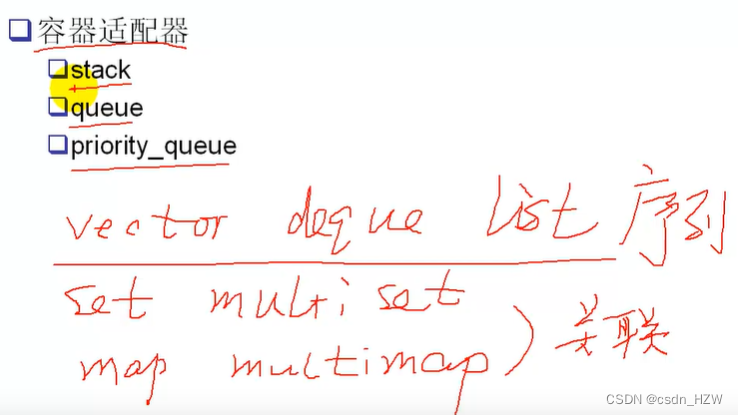
#include <iostream>
#include <stack>
#include <list>
#include <queue>
#include <functional>
#include <iterator>
using namespace std;
int main() {
// 栈(先进后出filo)
stack<int, list<int>> s;
for(int i = 0; i < 5; ++i)
{
s.push(i);
}
// 不能用下面的这种循环,因为pop后,size会发生变化,输出4 3 2
// for(size_t i = 0; i < s.size(); ++i)
// {
// cout << s.top() << " ";
// s.pop();
// }
while (!s.empty())
{
cout << s.top() << " ";
s.pop();
}
cout << endl;
// 队列(先进先出)
queue<int, list<int>> q; // 注意这边的list不能用vector,因为源码中vec没有pop_front接口,所以要注意接口的匹配
for (int i = 0; i < 5; ++i)
{
q.push(i);
}
while (!q.empty())
{
cout << q.front() << " ";
q.pop();
}
cout << endl;
// 优先级队列(不一定先进先出)
int a[] = {5, 1, 3, 2, 4};
priority_queue<int> pq(a, a + 5); // 这里面会调用make_heap
while (!pq.empty())
{
cout << pq.top() << " "; // 弹出是按照值的大小,值越大,优先级越高
pq.pop();
}
cout << endl;
// 堆(二叉树,大堆或者小堆)
make_heap(a, a + 5);
copy(a, a + 5, ostream_iterator<int>(cout, " "));
cout << endl;
sort(a, a + 5, less<int>());// 默认是greater大堆
copy(a, a + 5, ostream_iterator<int>(cout, " "));
cout << endl;
return 0;
}
//输出
4 3 2 1 0
0 1 2 3 4
5 4 3 2 1
5 4 3 2 1
1 2 3 4 5


